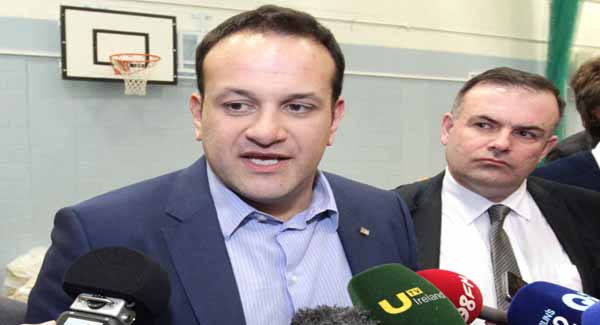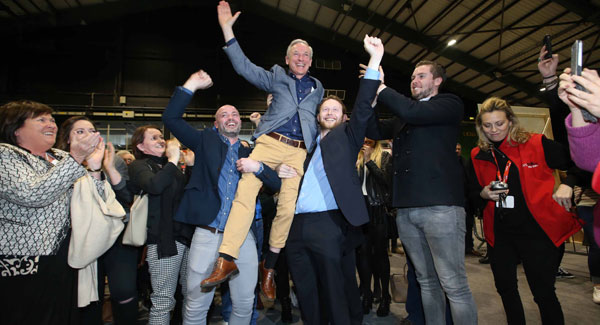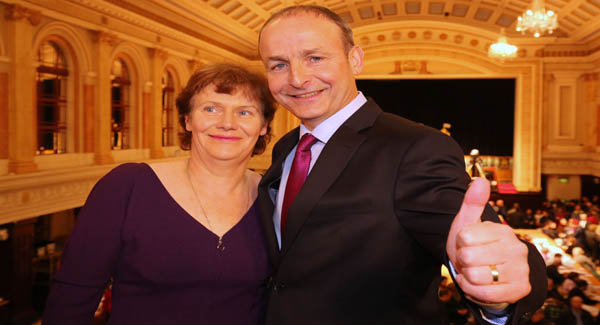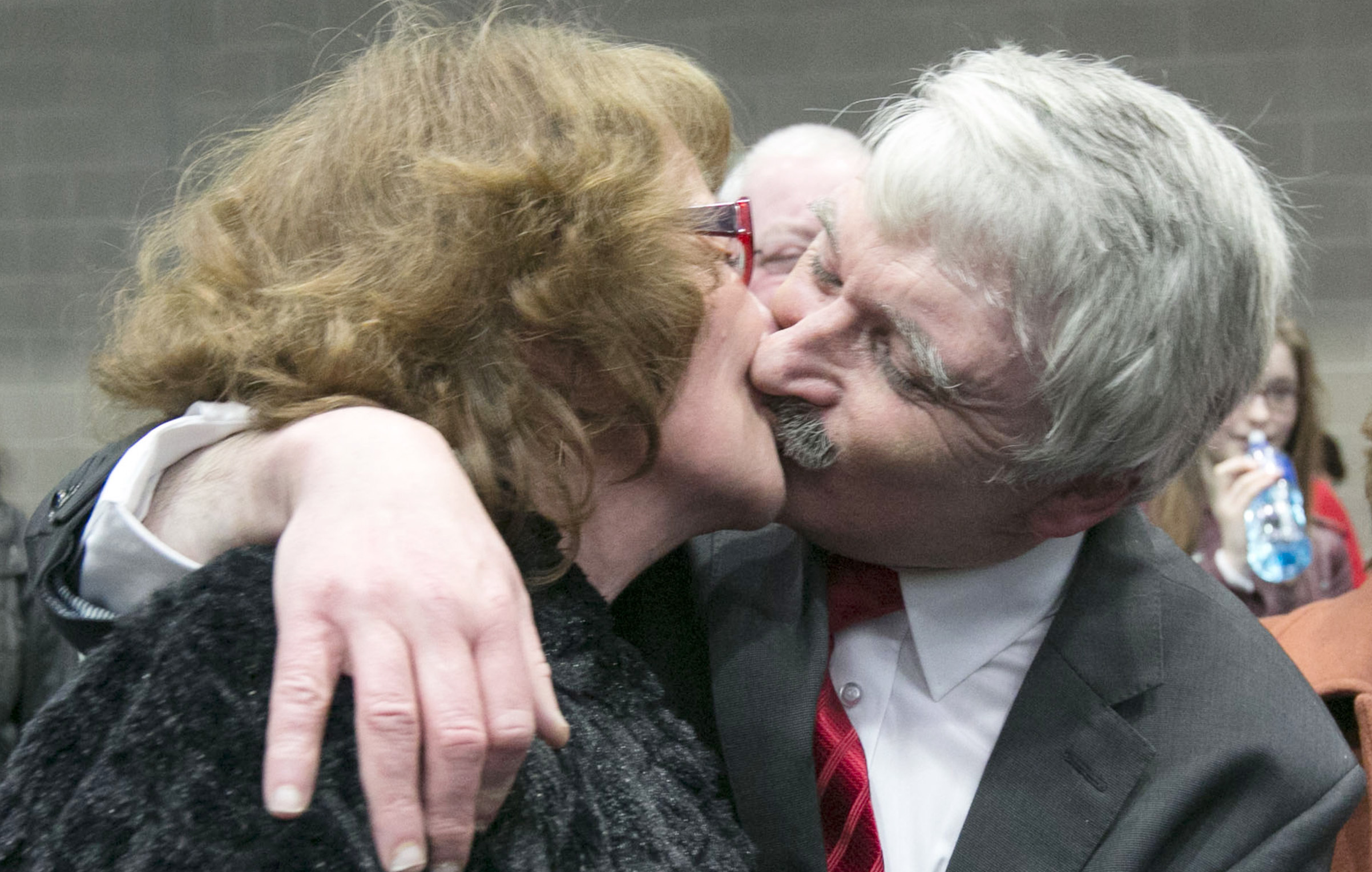As the dominant parties puzzle over how to forge a government from the potpourri that is the next Dáil, key to solving it will be managing the fractures already opening within their own ranks.
The buzzword of the weekend among dazed politicians was the need for "reflection" on the unprecedented voter schism.
But some key figures are already taking sides.
Straight-talking health minister Leo Varadkar was first to go off-message when he ruled out the coupling on everyone's lips - a grand alliance of his own Fine Gael and arch-enemies Fianna Fáil.
"I don't favour it," he said. "I don't think it's a good idea for either party. I don't think it would last. I don't trust them and I think it would open the door to Sinn Féin as the lead opposition."

Mr Varadkar, a potential pretender to Enda Kenny's throne in any heave against the leader, also appeared to be mulling some time on the Opposition benches.
"It is clear that the public decided not to re-elect this government and I don't think the obligation to form a new government necessarily falls on us at all," he said.
But his Cabinet colleague Richard Bruton signalled less reluctance towards the once unthinkable union.
"We need a stable government, one that can implement a coherent economic plan," was all he could offer when pressed on the prospect.

The Jobs Minister also referred to the primacy of the "national interest" - another slogan regurgitated by those in the more reflective camp.
The catchphrase is widely associated with former Progressive Democrats leader Des O'Malley, declared repeatedly as he led his party into a then unthinkable coalition with Charlie Haughey's Fianna Fáil in 1989.
Fianna Fáil leader Micheal Martin also turned to the motto when asked specifically this weekend about doing a deal with the old enemy.
Vowing to "work in the national interest irrespective of our strength", he said Fianna Fáil had in the past taken "electorally and politically costly" decisions in the interests of the country.
"That has happened in the past and that is what is going to happen again," he added. "The country comes first in all our deliberations in this regard."

Only last week he was less circumspect, when he dismissed as impractical a power-sharing premiership with the Fine Gael leader.
"It's not a consideration," he said at the time.
But Fianna Fáil veteran and former defence minister Willie O'Dea was sticking to his guns after romping home in his Limerick constituency.
"We are not going into a grand alliance with Fine Gael ... full stop," he vowed.

Former deputy leader Eamon O Cuiv, grandson of party founder Eamon De Valera, was equally in no mood for reconciliation with their age-old foes.
The Fianna Fáil frontbencher said they fought the election on the basis they would not do a deal, adding: "I believe your word is your bond."
Predicting such an unlikely alliance would not last, he said other grassroots Fianna Fáilers he spoke with ruled it out as "totally impossible".
Another frontbencher in the west, Dara Calleary, was equally blunt.
"We are staying out of government with Fine Gael," he said. "Can we work with other parties who want a change of government? We'll have to see. We have to talk to others."
Despite the divisions, Fine Gael strategist and party grandee Frank Flannery maintains an historic coming together of the ancestral adversaries remains a "fairly major option".
"If it is to be rejected, it would have to be for very cogent, clear and precise reasons," he said.
Mr Flannery, credited with the revival of Fine Gael during the noughties, conceded very large numbers within both parties would be extraordinarily nervous about an alliance.
"It would fly in the face of 100 years of parliamentary practice - long established cultures and traditions," he said.
But he added the enmity was more cultural than policy-driven.
"A lot of people, maybe including myself, would think change is for the good, bring us into a more modern type of politics," he said.
As the country sails further into uncharted waters, other options being bandied about include a more Continental-style administration, with a government answerable to a strengthened parliament, or even a power-sharing executive similar to Northern Ireland.
The only certainty is that uncertainty will continue for the coming days, weeks and maybe even months.


